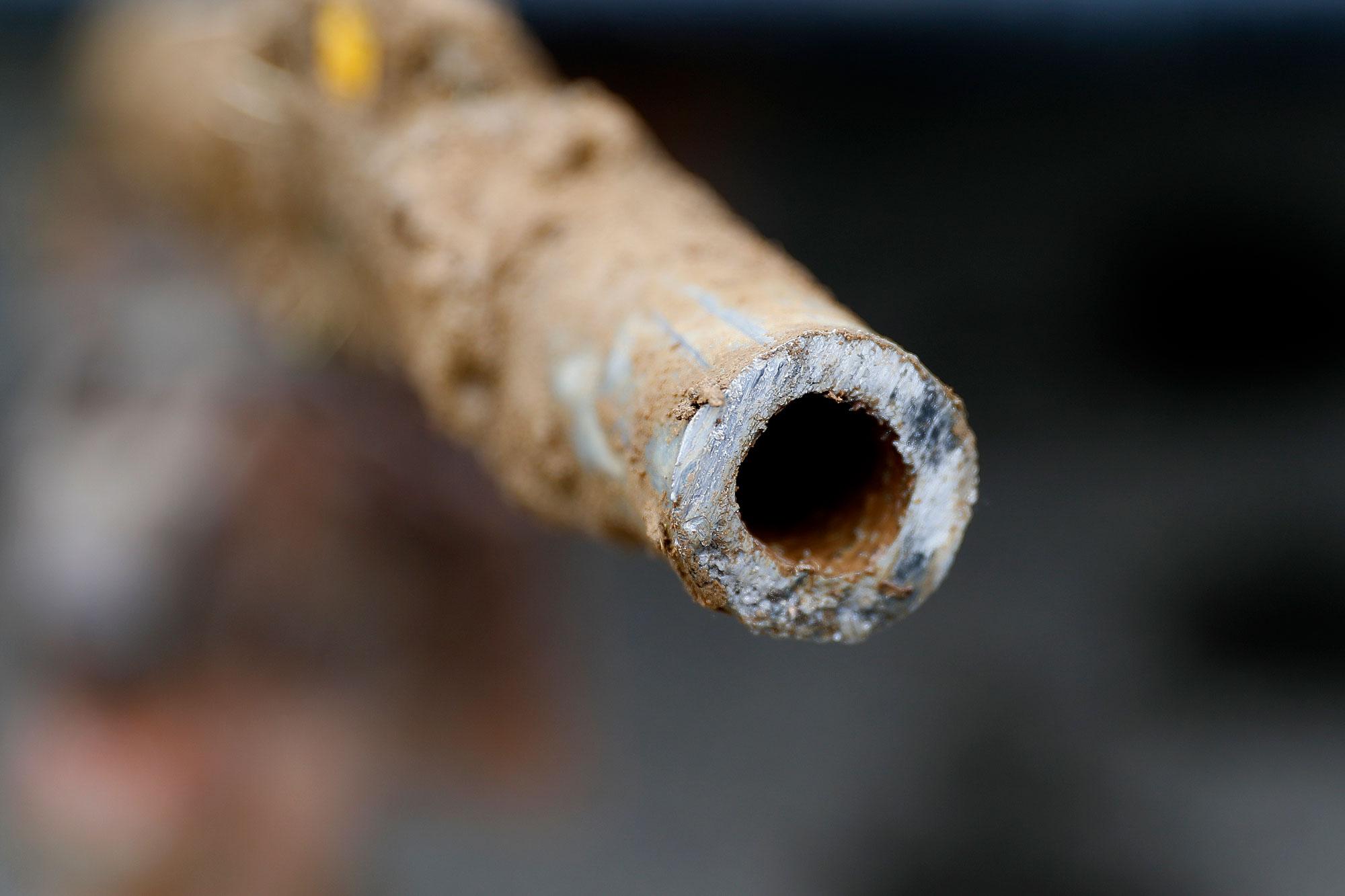
Denver Water will expedite the removal of lead pipes from homes across the metro area after the Environmental Protection Agency granted approval Monday.
The public agency will launch the program in 2020 and expects it to take 15 years and cost $500 million to complete. Officials estimate there are between 64,000 and 84,000 lead service lines in the system.
High lead exposure can lead to kidney and brain damage as well as developmental issues for children. Homes built prior to 1951 are more likely to have lead service lines, according to Denver Water.
“We’re literally benefiting generations of children from potential lead exposure,” Denver Water CEO Jim Lochhead said. “So, public health being our most important responsibility, we feel that this is the most responsible thing we can do.”
Denver Water proposed the program to the EPA in July. Without the approved plan, it would take 50 years to remove the lead pipes, Lochhead said.
Denver Water has committed to remove at least 4,500 lines annually under an agreement with the EPA and the Colorado Department of Public Health and Environment.
The idea for the program came soon after the state ordered Denver Water to do orthophosphate treatment in its water supply in March of 2018. The treatments are used to reduce lead and copper in water that’s delivered to peoples’ taps.
“That did not cure the overall cause of the problem, which is the lead service lines,” Lochhead said. “Orthophosphate treatment, being a nutrient, creates water quality and environmental issues in the water supply as well as costing more than simply going in and removing them.”
Denver Water worked with federal and state agencies to develop this alternative approach. It will be funded through water rates, bonds, new service fees and hydropower generation. The company said it will also look for funding through loans, grants and partnerships.








